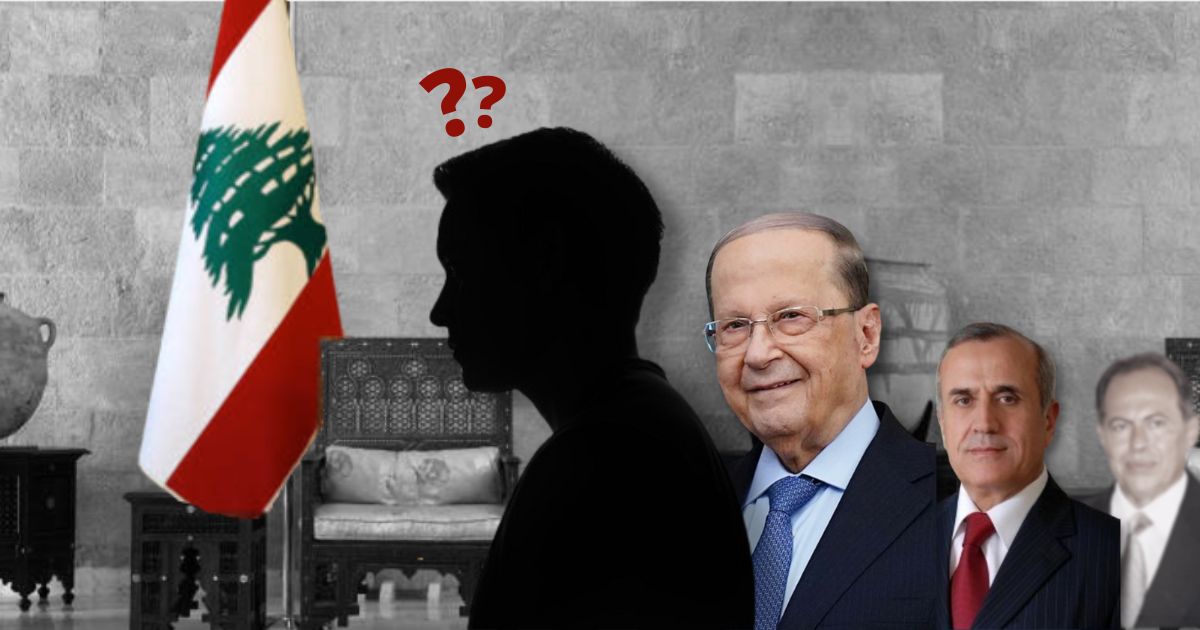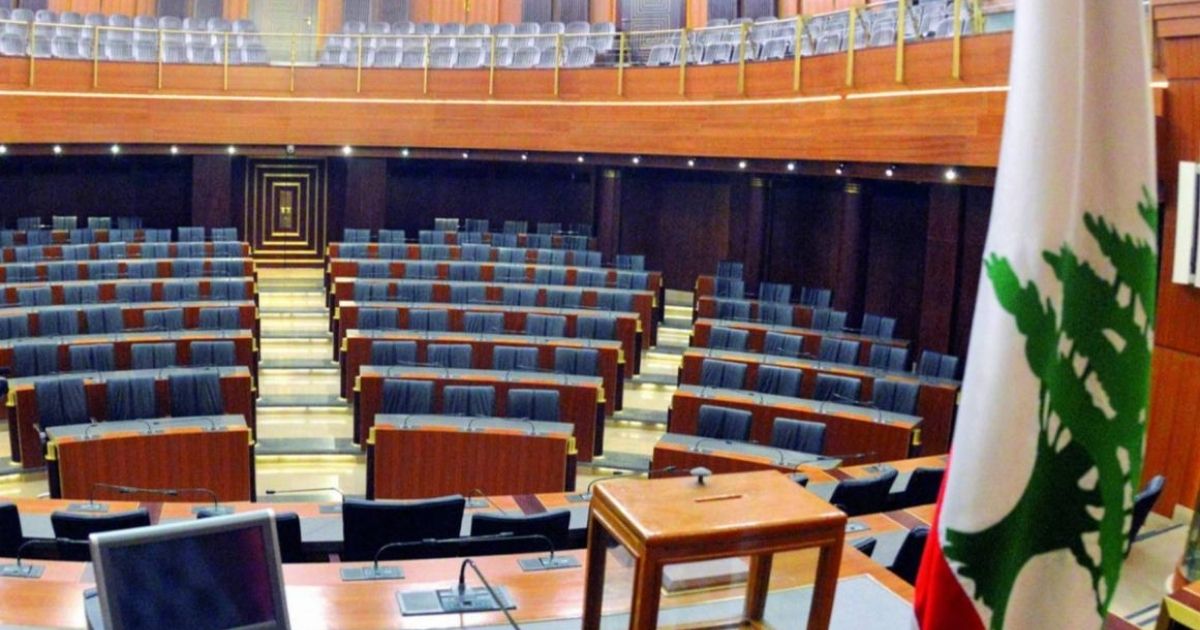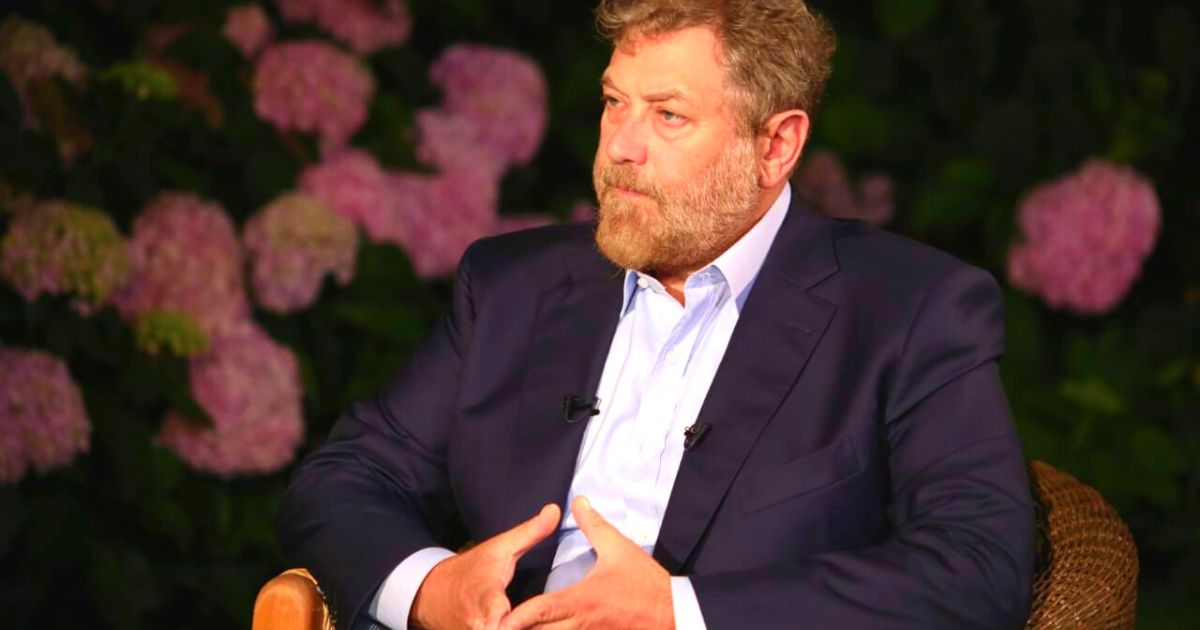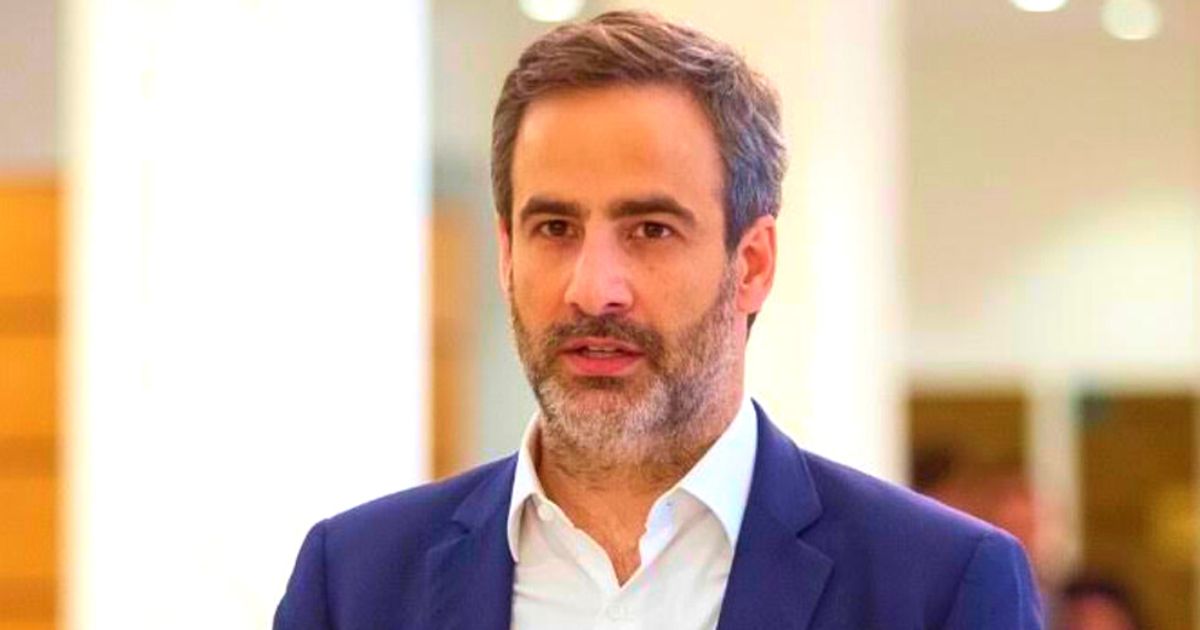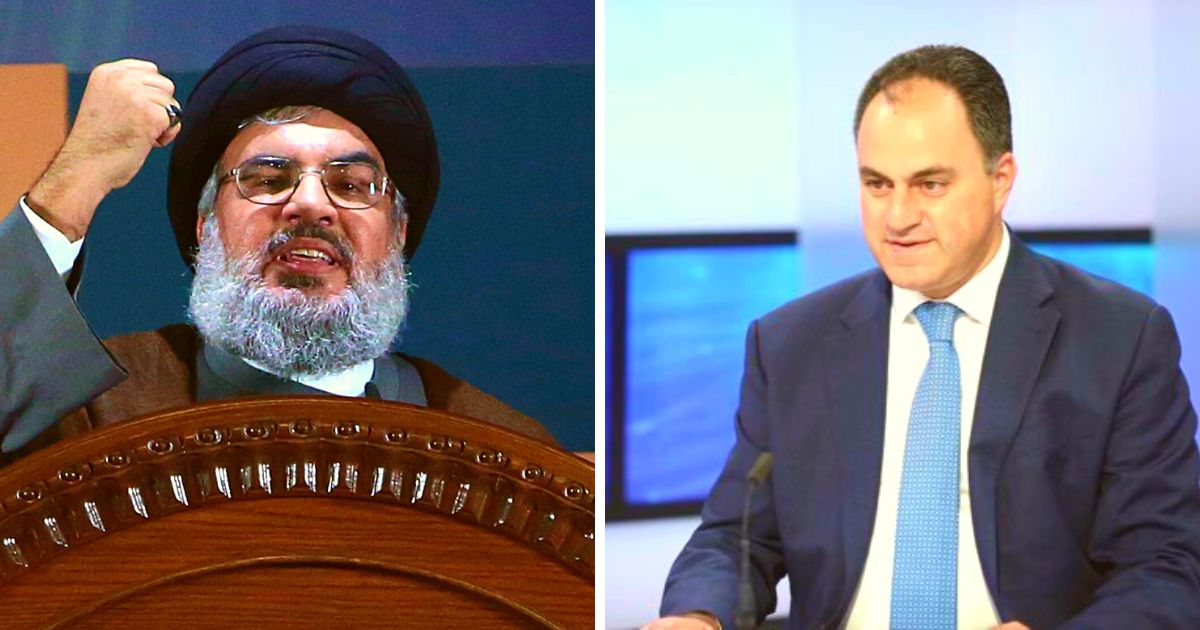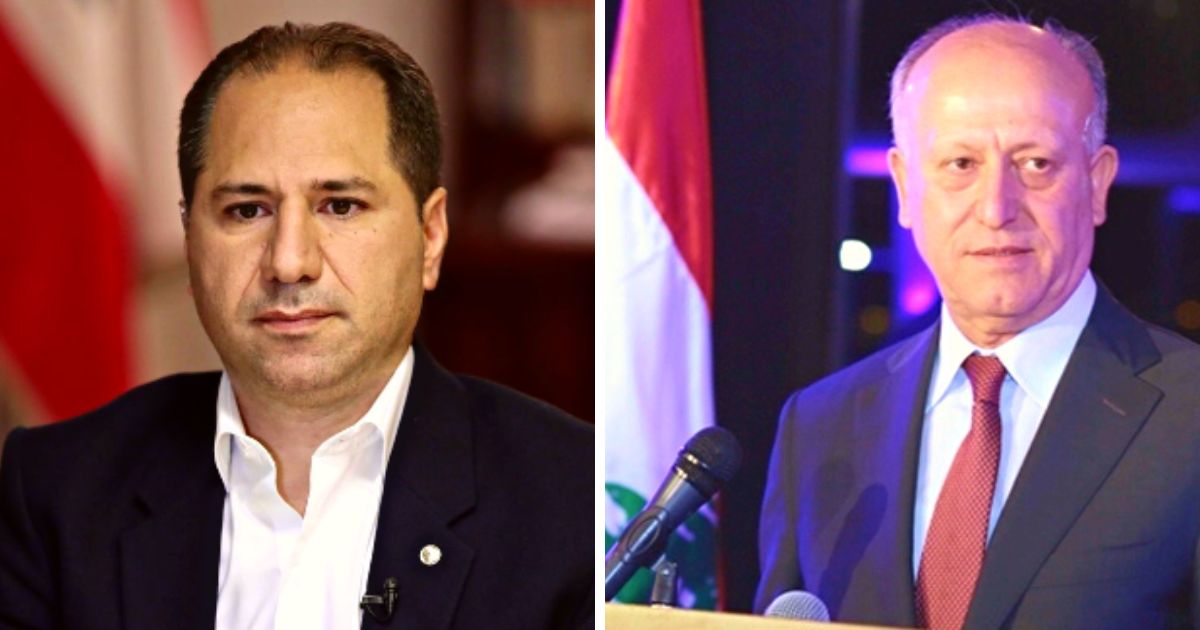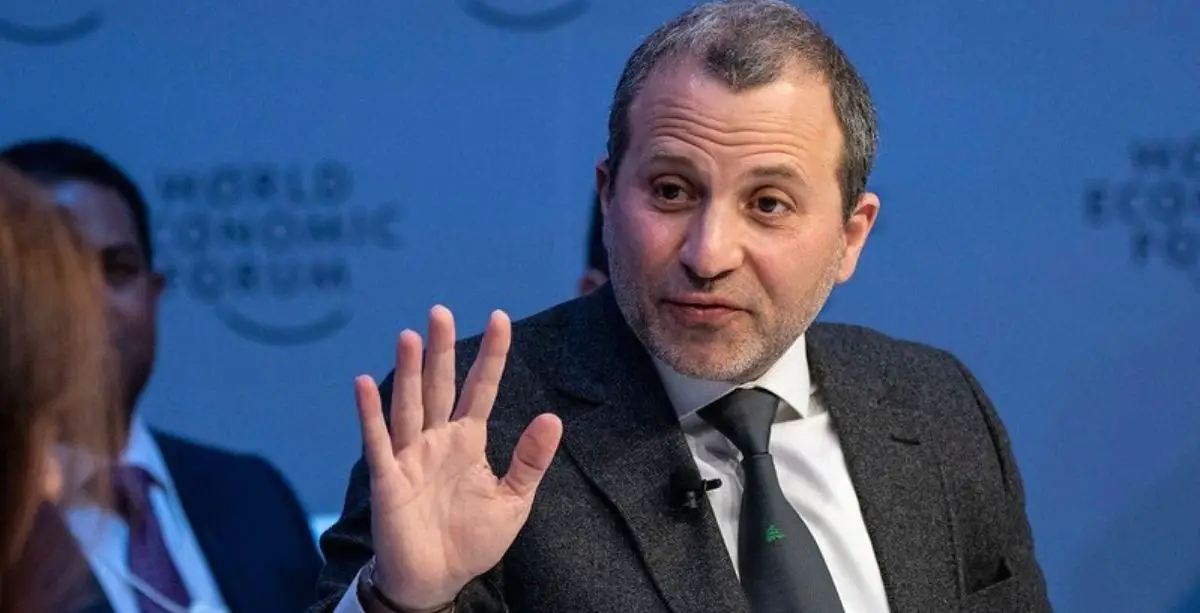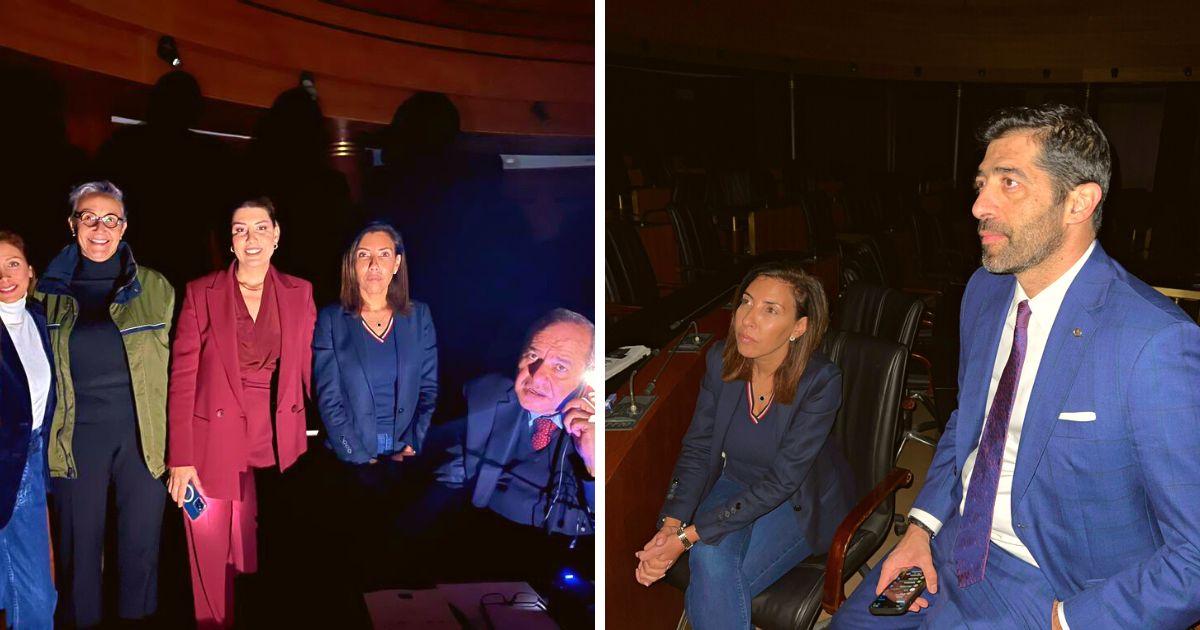The atmosphere of the formation of a reformist-oriented government headed by Prime Minister-designate Saad Hariri has been described as positive, with all parties apparently conforming with the French initiative.
The Cabinet formation that has a makeup of specialists is off to a positive start that signals that Lebanon might have a government formed and ready in as soon as a week, a political source told The Daily Star.
According to the source, all parties are so far promising to abide by the French initiative – which requires the formation of a government of non-partisan specialists – and to accelerate the birth of the next government.
“Lebanon could have a reformist-oriented government within a week if all the parties remained committed to the French initiative and did not obstruct the Cabinet formation with conditions and counter-conditions,” the source said.
On that note, a Baabda Palace source told the same newspaper that the atmosphere of the recent nonbinding consultations that Hariri held with various parliamentary blocs was “positive and encouraging.”
Hariri promised after his appointment that the specialist government he would form would have a six-month mission to halt the economic collapse and rebuild Beirut following the August 4th explosion.
Nonetheless, despite the general atmosphere being seemingly promising, there is still a debate regarding the nature and makeup of the next government.
While Hariri has a 14-minister Cabinet of independent experts in mind in accordance with the French initiative, Hezbollah, Parliament Speaker Nabih Berri, and President Michel Aoun are advocating a 20- or 22-member government, the same source said.
Meanwhile, the Free Patriotic Movement (FPM) has been pushing for a government of techno-political nature, which would violate the terms of the French initiative.
With that said, the FPM and the Marada Movement are expected to share the Christian sect’s portfolios among themselves, considering that both the Lebanese Forces and the Kataeb Party have said that they would not take part in the new Cabinet.
There is also a debate regarding the distribution of the portfolios and the designation of the upcoming ministers by each party, with some latching on to specific ministries, such as the Shiite Duo with the Finance Ministry.
Nevertheless, so long as the main parties continue to commit to the French initiative, these details should not represent serious obstacles in the face of the formation which, if goes well, could represent the first step toward unlocking international aid and rescuing Lebanon.


